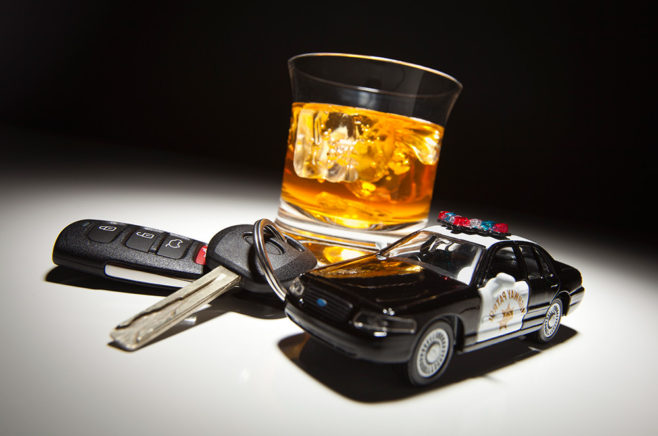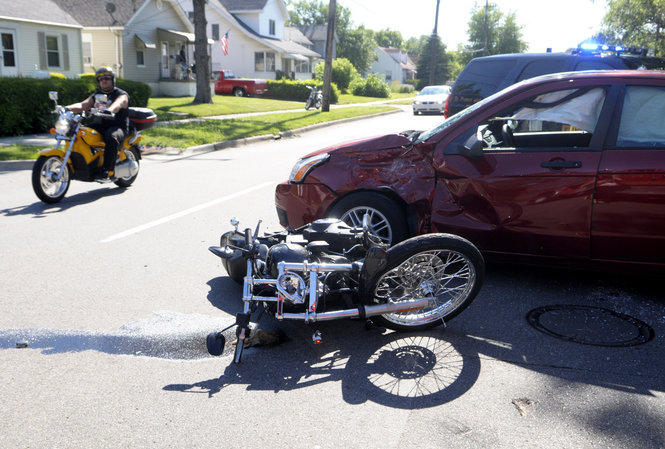A DUI charge will not only cost you financially, but can affect your driving privileges moving forward as well. If it is a first time offense, penalties might not be as severe as is the case with a repeat offender; with this in mind, if you are below the legal age of 21 to drink, if your BAL is well above the .08 legal limit, or if other penalties affect your case (such as drugs being found in the car) all of these will be factored into determining charges. When drinking, it is important to know how many drinks will place you above the legal limit. Although it will vary for each individual, there are certain guidelines in place so you know how much you can drink, without exceeding .08 BAL.
How many drinks can I have –
If you plan on going out to drink, one question you may have is how many drinks can I have, before my BAL levels reach the legal limit? It really is impossible to determine the answer to this question. Think of it this way, a pint of beer has about 4.5% alcohol, while a shot of hard liquor has 40%. In some instances, you order a double shot in your drink, which will instantly cause your tolerance levels to go down.
The best way to determine your tolerance levels is to use a breathalyzer. You can purchase these online, and they will help you gauge what your tolerance levels are. For one person, it may be one drink, while the next individual can have 4 drinks and won’t be affected. A good way to monitor your intake is also to drink a glass of water for every drink you have. Although it is impossible to gauge exactly how many drinks you can have, over time you will learn what you can tolerate, what your body can handle, and when you’ve had too many to drink.
What affects BAL? –
A number of factors will affect how many drinks will put you over the limit. A few of these are: your age, weight, gender, tolerance level, and what you are drinking (hard liquor has a much higher alcohol content than beer or wine). Further, if you have eaten prior to drinking, you might be able to handle more liquor than if you haven’t. No matter how long you have been drinking, in certain instances, even one drink might prove to be too many for you to drive. It is best to understand your body, what affects your level of tolerance, and if possible, to always have a designated driver on hand, to avoid a situation where you might have to drive, when you otherwise shouldn’t.
If you are in a situation where you have been pulled over for a DUI, click here to learn about your legal options. In some cases, your charges can be dismissed if there are intervening circumstances potentially proving your innocence. If you are a repeat offender, a great legal team can work to have charges reduced, avoid jail time, and potentially keep fines to a minimum. Regardless of your situation, the first thing to do when you are pulled over, is to hire a DUI attorney to help assess your case, and personal situation.


